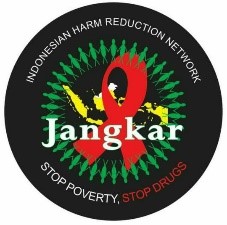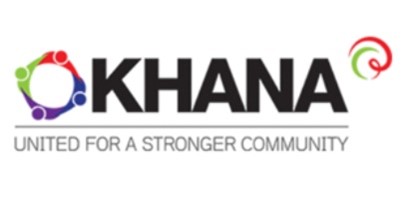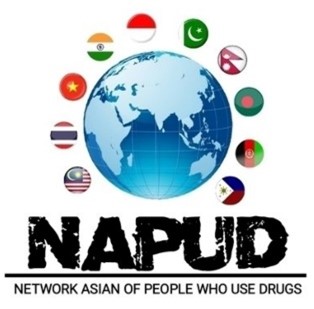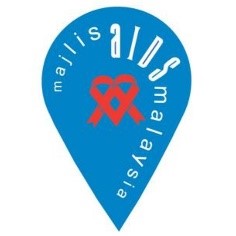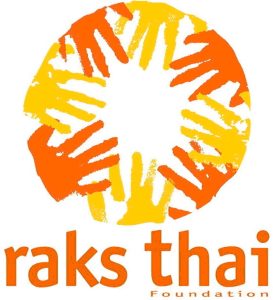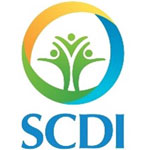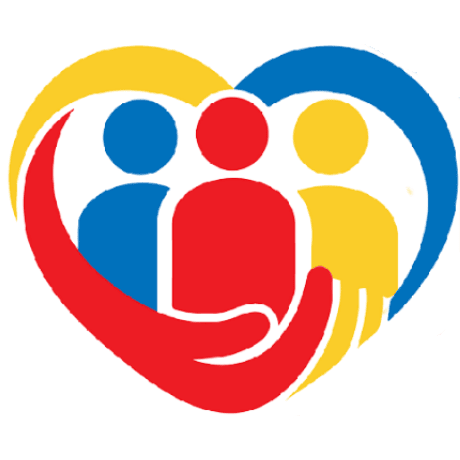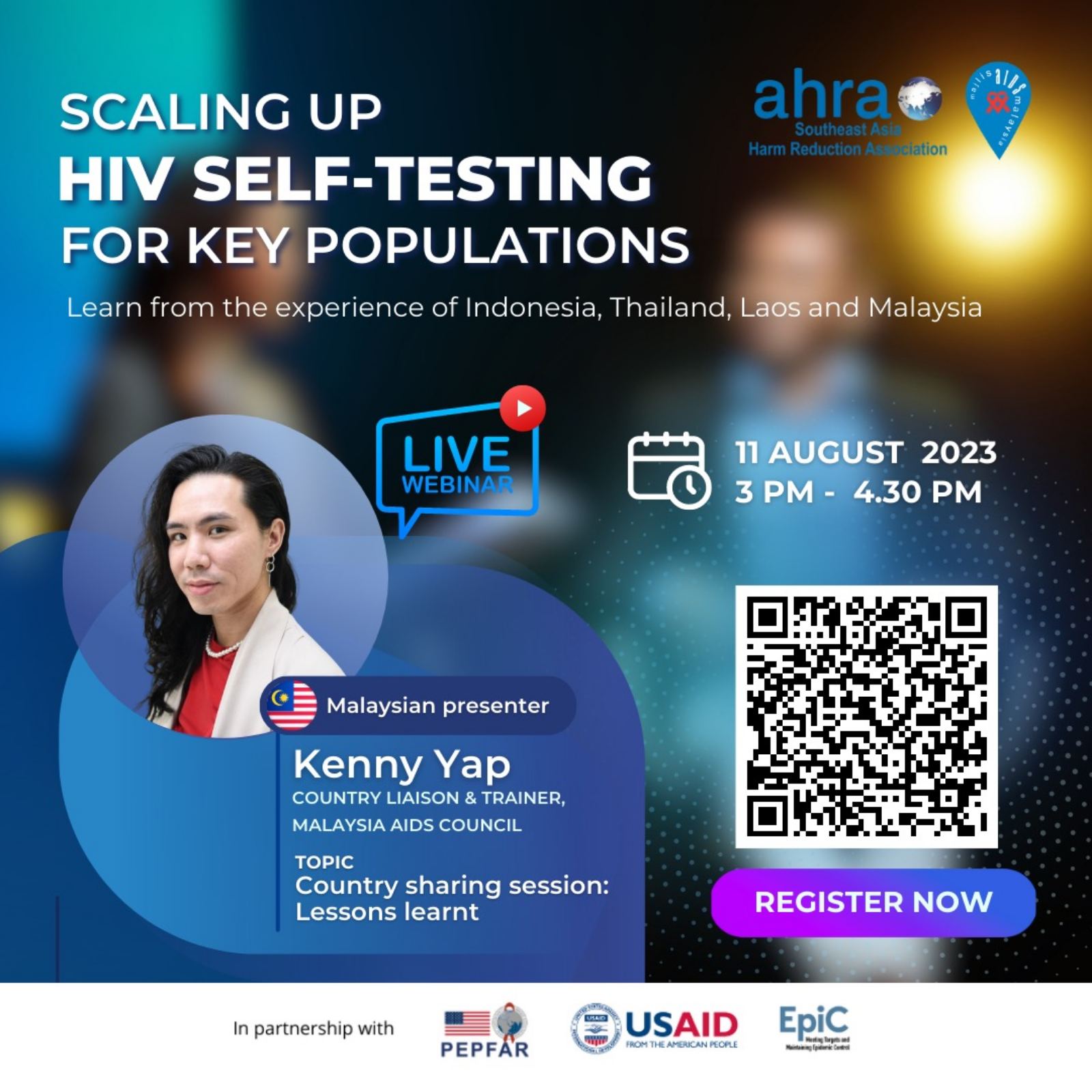The Southeast Asia Harm Reduction Association (AHRA) is a collaborative and transnational initiative aimed at strengthening harm reduction service delivery capacity, national health strategies, disease control plans, laws, and policies in Southeast Asia. Its primary objective is to improve the health and quality of life of people who use drugs in the region.
As a nonpolitical and nonreligious not-for-profit association, the AHRA operates in accordance with humanitarian principles, including neutrality, impartiality, and operational independence, as outlined in United Nations General Assembly resolutions 46/182 and 58/114.
The AHRA acknowledges the definition of harm reduction provided by Harm Reduction International. According to this definition, harm reduction encompasses policies, programs, and practices that seek to minimize the negative health, social, and legal consequences associated with drug use, drug policies, and drug laws. The approach is grounded in principles of justice and human rights, focusing on promoting positive change and working with individuals without judgment, coercion, discrimination, or the requirement for individuals to cease drug use as a precondition for support.
By adhering to these principles, the AHRA strives to create an environment that promotes the well-being and rights of people who use drugs. It advocates for evidence-based approaches, comprehensive support services, and the removal of barriers that hinder access to healthcare and social support. The AHRA works collaboratively with stakeholders, governments, and communities to promote harm reduction as a vital component of public health strategies and policies in Southeast Asia.
Through its activities and initiatives, the AHRA aims to foster a culture of understanding, compassion, and respect for individuals who use drugs, while promoting their health, dignity, and human rights.
Vision:
AHRA unites Southeast Asia’s countries in integrating the voices of harm reduction practitioners and people who use drugs into national health strategies and legal frameworks. Our collaborative mission empowers communities, improves health, fight stigma and promotes gender equality throughout the region.
Mission:
To ensure that comprehensive, high-quality harm reduction services are easily accessible, readily available, and effectively address the priority needs of individuals who use and inject drugs in Southeast Asia to lead healthy and fulfilling lives.
Goals, Areas, and Types of Activities:
The Association focuses on achieving the following goals:
- Operating a professional, dedicated, and high-caliber Technical Support Provider (TSP) that meets the urgent needs of community-based harm reduction service programming. This includes offering hybrid face-to-face and on-site capacity-building efforts, as well as distance learning and coaching for community-driven harm reduction initiatives. By assisting Southeast Asian countries in strengthening their community-based harm reduction and infectious disease mitigation responses, we aim to enhance the overall effectiveness of harm reduction efforts in the region.
- Accelerating policy change through strategic harm reduction policy advocacy. Our aim is to advocate for the development and implementation of robust national health strategies and disease control plans that prioritize harm reduction. By strengthening community responses and systems, we can create an environment that supports the well-being and rights of individuals who use drugs.
Objective:
Our primary objectives are:
- To provide capacity building and technical support to harm reduction groups operating in the region. Through tailored training and support, we aim to enhance the skills, knowledge, and capabilities of harm reduction practitioners, empowering them to deliver effective services and interventions.
- To guide the response and support monitoring mechanisms that can adapt to changing realities. By staying informed and responsive to emerging trends and challenges in the field, we can ensure that our efforts remain relevant and impactful.
- To serve as a complementary harm reduction policy advocacy platform with a specific focus on Southeast Asia. We aim to engage with policymakers, stakeholders, and the broader community to advocate for evidence-based harm reduction policies and practices that address the unique needs of the region.
- To serve as a comprehensive resource center for the Southeast Asia region. By developing and disseminating relevant harm reduction publications, evidence, and country briefs, we aim to foster knowledge sharing, collaboration, and the adoption of best practices in harm reduction across the region.
By pursuing these objectives, the Southeast Asia Harm Reduction Association is dedicated to making a positive and lasting impact on the lives of individuals who use drugs, their communities, and the overall well-being of Southeast Asia.
Beneficiaries
To confront the health and drug use crisis in the region, AHRA is targeting as beneficiaries the organizations and (community) initiatives that serve the most criminalized, stigmatized and marginalized key populations: people who use or inject drugs, sex-workers and specifically affected marginalized young women and girls who use drugs.
Considering the operational context, epidemiological background and regional political landscape, Southeast Asia Harm Reduction Association’s Members will build solidarity, deliver currently lacking community-based harm reduction technical support, capacitate identified Southeast Asia harm reduction organizations, local initiatives and community-driven harm reduction infectious disease control efforts, and ensure inclusion of the community-based harm reduction voice in (GF and NSP) funding and policy pathways to prioritize and finance local harm reduction capacity, impact and resilience.
